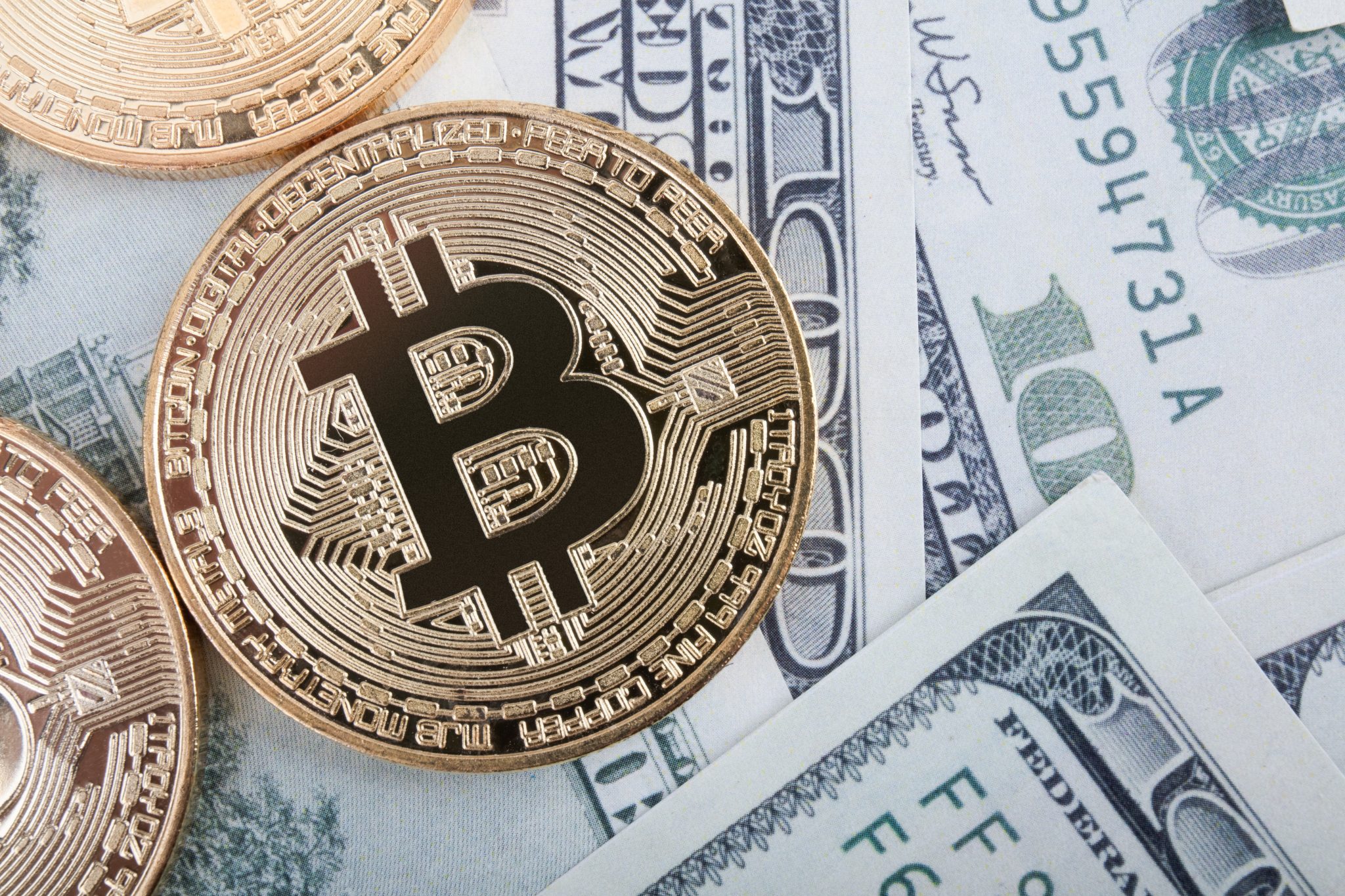Currency has rapidly evolved over the years. From coins to cash, and then cash to plastic consumers have a variety of ways they can pay. Now, consumers finally have access to a currency that is made of nothing but invisible code. Bitcoins are virtual currency that is exchanged digitally. There are no middlemen or banks involved in transactions. These currencies are lines of computer code that are made to hold value. Bitcoins came on the scene in 2009 and were created by a still unknown inventor that goes by the alias Satoshi Nakamoto, and they have been used to purchase anything from a hotel room to gaming systems. As of 2014, 2.5 million people own Bitcoins, so this innovative medium of currency is likely here to stay for a while. Therefore, how should car dealers react to this new trend if a person walks through their doors asking to purchase a car with Bitcoins?
Some Car Retailers Already Accept It
Many large companies have already started accepting Bitcoins as a form of viable transaction. In 2017, Microsoft, Steam, Overstock.com, Shopify, Mint.com, and quite a few others take the cryptocurrency. However, a couple of car retailers have also begun to accept Bitcoins as well. Beepi was one of the first in 2014. Beepi is an online marketplace for used vehicles, and in 2014 they started to allow customers to pay for used cars with Bitcoins. They did this by using a third-party system known as Bitpay to convert the coins to standard U.S. currency. The automaker, Tesla also accepts cryptocurrency as a form of payment for their vehicles. It is certain that slowly, but surely, many are seeing an advantage to accepting Bitcoins in the purchase of more expensive items. However, what are the benefits and advantages of accepting cryptocurrencies and is the demand high enough for dealers to consider offering it as an option?
The Pros and Cons of Accepting Bitcoins
Many of the advantages and disadvantages are related to consumers. Yet, they still do impact dealers if it turns out that the pros outweigh the cons and the offering of this cryptocurrency allows access to more consumers. The advantages for customers are that Bitcoins provide optimal privacy and anonymity during transactions. A person does not have to disclose their identity to purchase an item using Bitcoins; there is also no need for credit card or other financial information. Also, exchange rates are nonexistent for people with foreign currency since Bitcoins standardize all monies. As a result of the lack of personal information tied to Bitcoins, it reduces the chance of consumer fraud, a plus for businesses and consumers. A positive for dealers would be that transaction partners like Coinbase charge a one percent transaction fee after the first million dollars acquired through this method. This is a lot better in comparison to the 3 to 4 percent fee charged to merchants by most credit card companies. However, there are disadvantages to the use of Bitcoins. Transactions are irreversible for the person paying in Bitcoins, and can only be initiated by the person receiving the funds. Also, their value can change if held for too long, so it is crucial for Bitcoins to be converted to real money quickly to avoid this problem. Dealers would also have to set a strict policy on any returns and place the refund amount at the original bitcoin rate because of the volatility of the value. Also, the car buying process does require a significant amount of personal information to complete transactions. The F&I and dealership accounting departments would have to create additional procedures and securities to handle Bitcoin transactions as there would not be any personal information attached to the payment method. There would not be a paper trail to walk back through if something went wrong with the payment.
Bitcoins are a shake-up to the status quo. They are meant to create an even more straightforward and seamless process for purchases, something that many car buyers are fans of. However, with any new technology, dealers do have to take into account the advantages and disadvantages. They have to assess if they have the bandwidth and flexibility to alter processes to account for the consumer anonymity of purchases, and the use of third-party transaction converters like Bitpay and Coinbase. If the popularity of Bitcoins continues to grow then, dealers may want to consider a path of integration in the near future.








